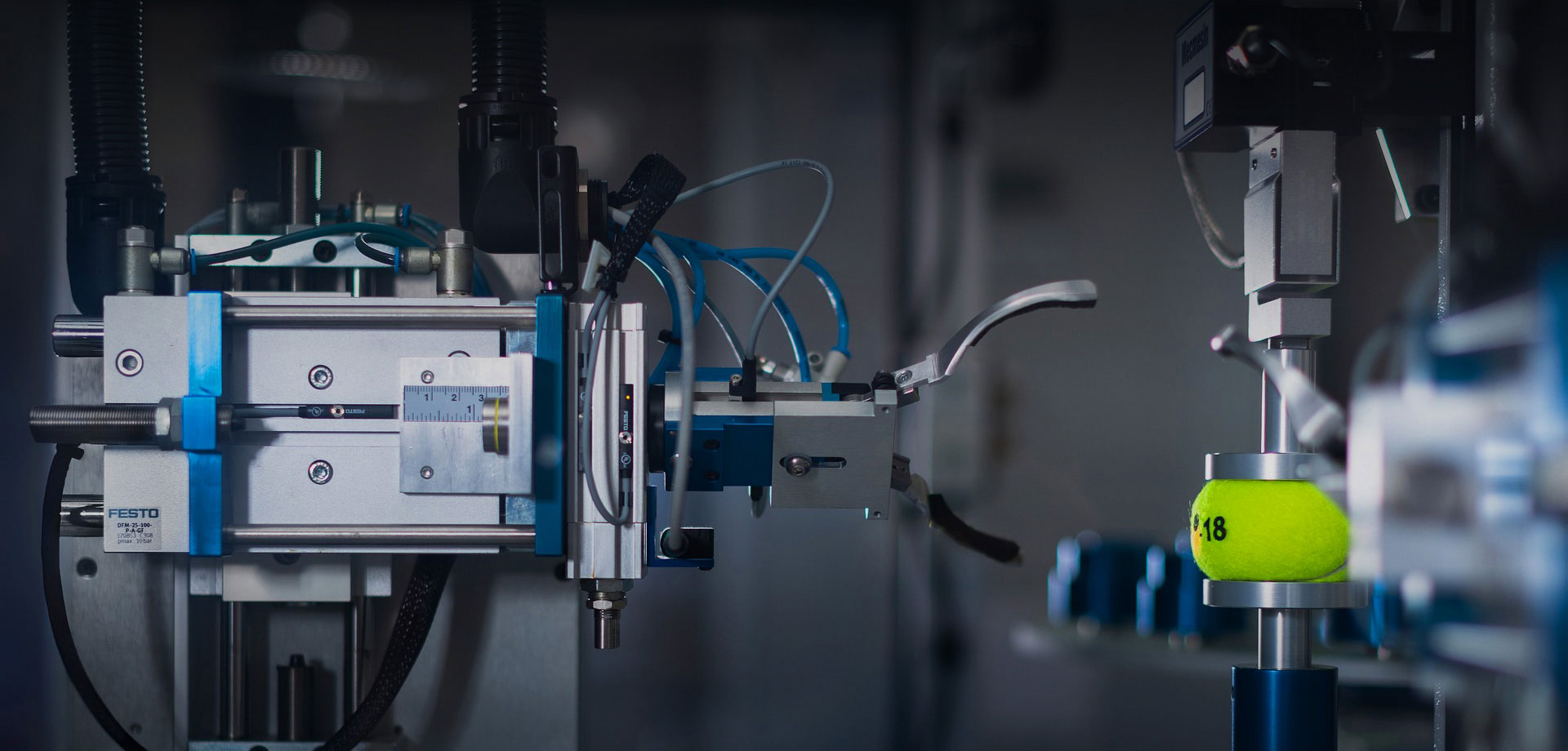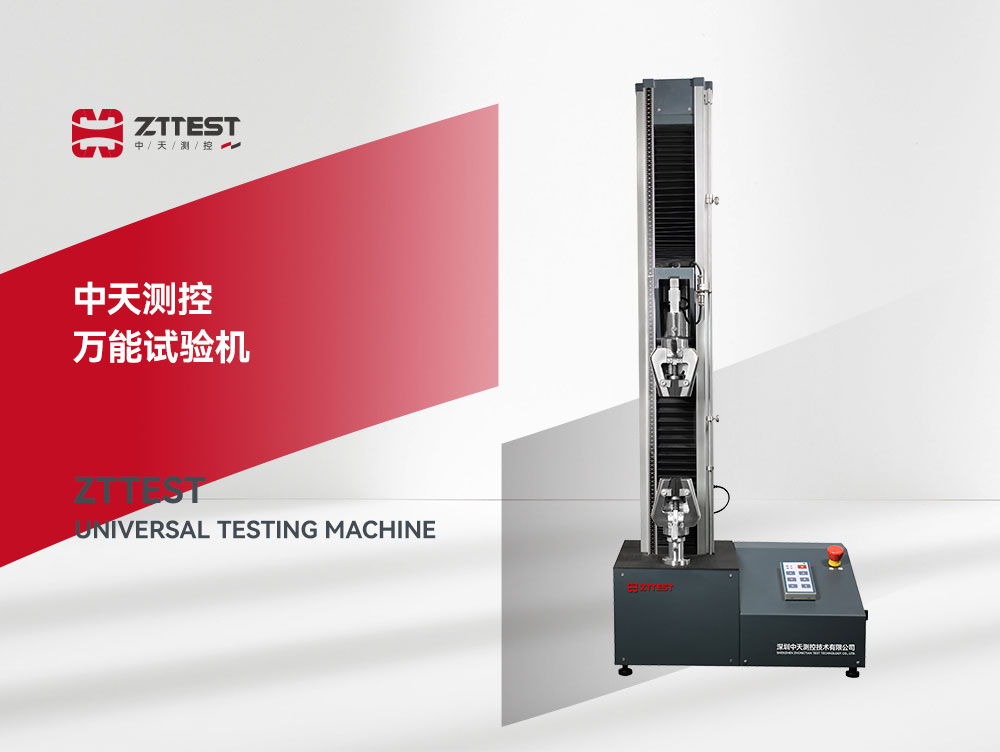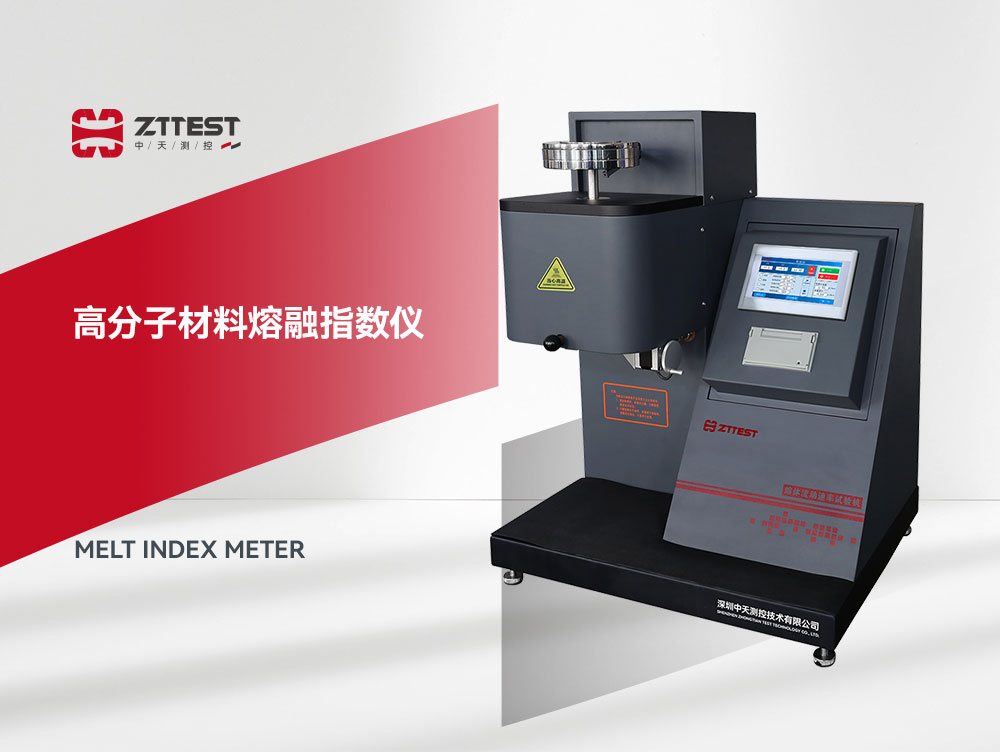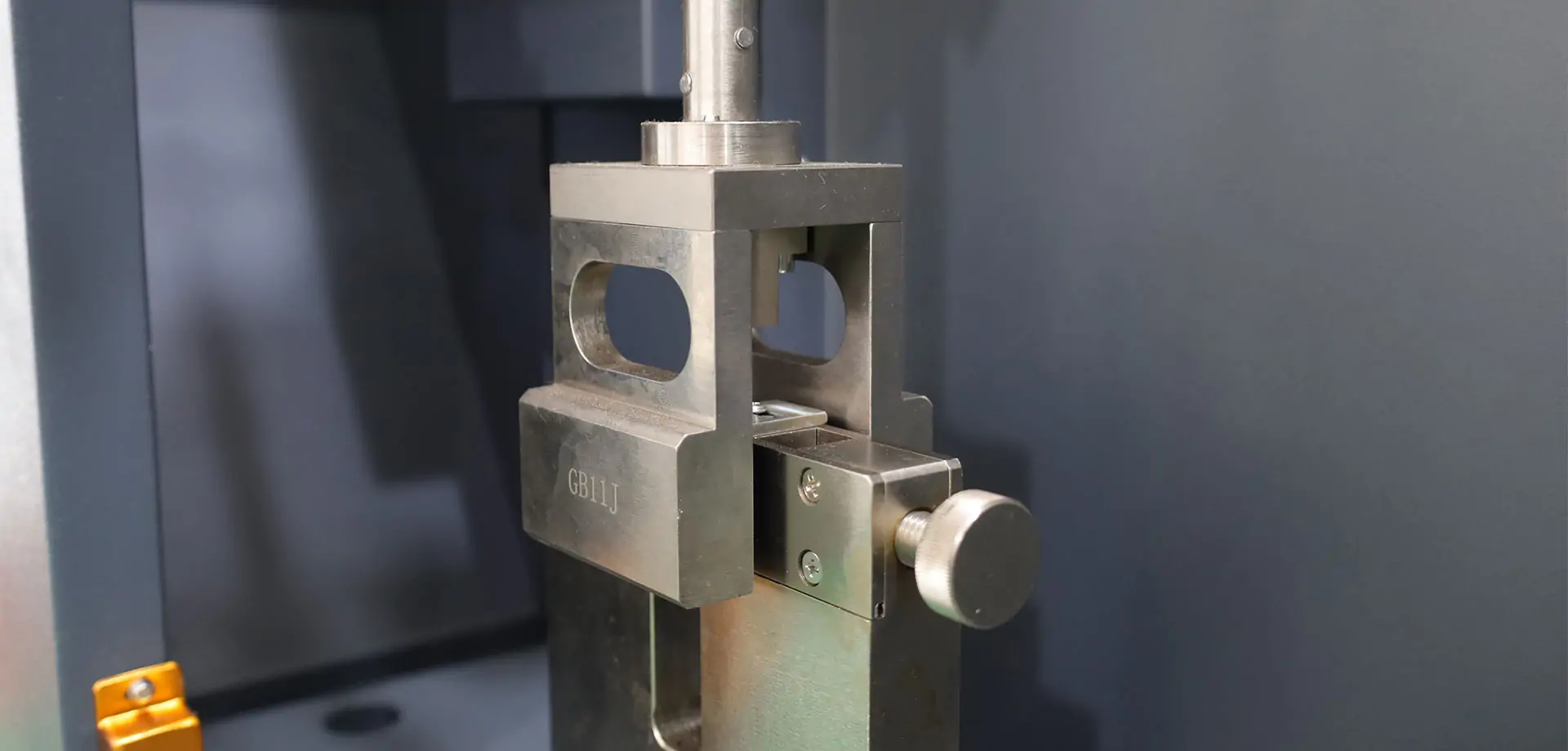ZTTEST Plastic Pendulum Impact Tester: Resolving Precision Challenges in Plastic Toughness Testing
------ From Technical Pain Points to Innovative Breakthroughs, Empowering Full-Chain Plastic Material R&D
In fields such as automotive lightweighting, electronic packaging, and medical devices, the impact resistance of plastic materials directly determines product safety and lifespan. However, traditional impact testing has long been plagued by issues such as significant energy loss deviations, poor data repeatability, and insufficient environmental simulation capabilities, hindering material development and quality control. The ZTTEST Plastic Pendulum Impact Tester is becoming a core tool for the plastics industry to overcome toughness evaluation bottlenecks through technological innovation and precise measurement. This article analyzes how this equipment redefines plastic impact testing standards from three perspectives: technical pain points, device performance, and industry applications.
I. Three Core Challenges in Plastic Impact Testing
Energy Loss Leading to Data Distortion
Energy loss caused by friction and air resistance during plastic specimen impact is difficult to accurately compensate for in traditional equipment, resulting in test result errors of up to ±5% (the ISO 179 standard allows only ±1%).
Humidity/Temperature Sensitivity in Material Testing
The impact strength of engineering plastics like PA66 and PBT can fluctuate by 30% with humidity changes. Conventional testers lack integrated temperature-humidity control modules, failing to simulate real-world storage environments.
Poor Adaptability to Irregular Specimens
Non-standard fractures often occur in specimens such as long glass fiber-reinforced plastics for automotive bumpers or 3D-printed honeycomb structures due to improper fixture design, compromising data comparability.
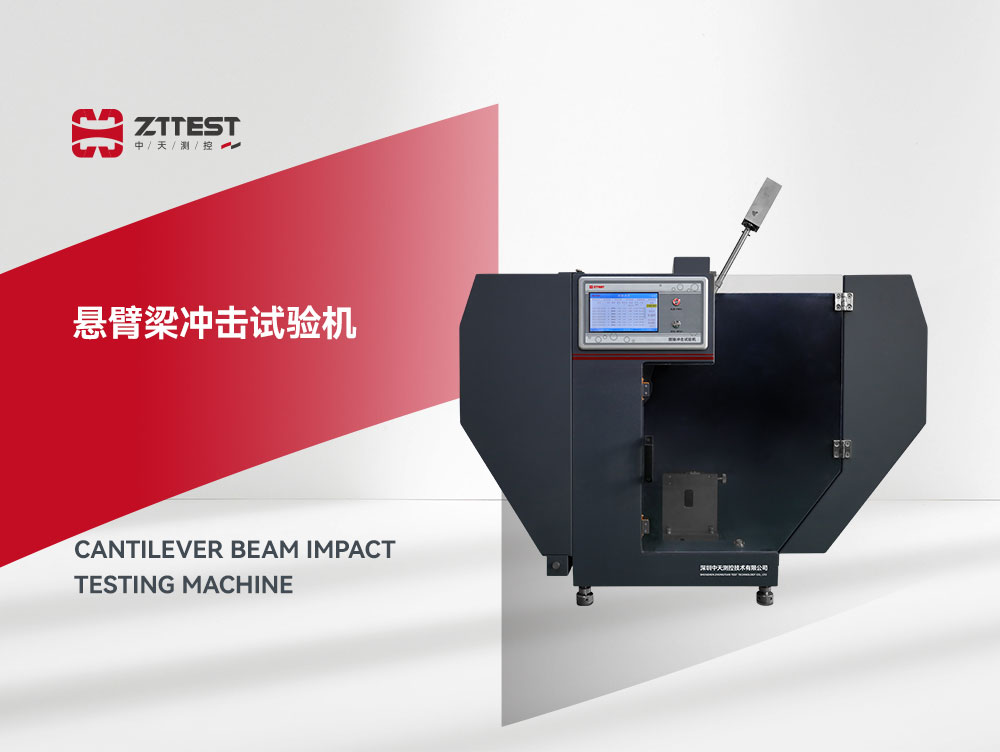
II. Performance Breakthroughs and Technological Innovations of ZTTEST Equipment
Addressing industry challenges, the ZTTEST Plastic Pendulum Impact Tester achieves precise measurement and scenario adaptability through five core technologies:
1. Full-Closed-Loop Energy Calibration System
Utilizing high-precision photoelectric encoders and dynamic compensation algorithms, this system monitors energy loss during pendulum swings in real time, controlling system error within ±0.5% (50% better than ISO standards).
Pendulum capacity ranges from 0.5J to 50J, supporting full-scale testing from films and plates to reinforced composites.
2. Intelligent Environmental Simulation Chamber
Equipped with temperature-humidity control (-40°C to +120°C, 10%–95% RH), it simulates extreme environments like tropical humidity and arctic cold, accurately evaluating impact resistance decay of PC/ABS alloys in automotive interior/exterior conditions.
A patented specimen pre-conditioning chamber ensures temperature-humidity equilibrium before testing, eliminating data interference from material moisture absorption.
3. Multi-Modal Fixture System
Modular design allows quick switching among Izod (cantilever beam), Charpy (simply supported beam), and drop-weight impact modes, complying with ASTM D256, ISO 180, and other international standards.
Curvature-adaptive fixtures for irregular specimens enable pneumatic micro-adjustments, ensuring notch alignment precision ≤0.02mm and resolving fracture anomalies caused by glass fiber orientation.
4. High-Speed Data Acquisition Chain
A 100kHz sampling rate dynamic sensor captures 10μs-level energy release details during impact, precisely plotting force-displacement curves to identify material ductile-brittle transition points.
Built-in AI analysis software automatically calculates 12 parameters (e.g., impact strength, fracture energy, toughness index) and generates ISO/IEC 17025-compliant reports with one click.
5. Material Database Interconnectivity
The ZTLab cloud platform integrates with enterprise PLM systems for historical data comparison and new formula performance prediction, helping a modified plastics company reduce GF30-PA6 impact strength R&D cycles by 40%.

III. Typical Application Scenarios and Value Verification
1. Material Selection for New Energy Vehicle Battery Housings
A company used ZTTEST equipment to compare the notch impact strength of PA66-GF50 and PP-LGF30 at -30°C, simulating cold-start scenarios in northern winters. PP-based material with superior low-temperature brittleness resistance was selected, reducing costs by 18%.
2. Toughness Optimization of Biodegradable Plastics
In PLA/PBAT blend development, the high-speed acquisition system revealed an 8% threshold for compatibilizer content, beyond which impact strength plummeted, providing critical data for formula optimization.
3. Fatigue Resistance Testing for Electronic Connectors
Through 100,000 cyclic impact tests, the equipment quantified toughness decay curves of LCP materials under plugging/unplugging conditions, enabling customers to establish product lifespan models based on residual impact performance.
IV. Technological Evolution and Industry Outlook
As plastics evolve toward high performance and sustainability, ZTTEST continues to advance its equipment:
Multi-Axis Impact Coupling Testing: Developing tensile-impact composite loading modules to simulate material failure under complex stress states.
In-Situ Microscopic Observation Integration: Combining high-speed cameras and microscopes to record crack initiation and propagation in real time.
Carbon Footprint Tracking: Adding a recycled plastics impact performance database to quantify correlations between recycled content and mechanical properties.
Conclusion
The value of the ZTTEST Plastic Pendulum Impact Tester lies not only in its ±0.5% measurement accuracy or -40°C to +120°C temperature range but also in its data-driven testing solutions that help researchers uncover the fundamental laws of material failure. As the plastics industry transitions from "trial-and-error" to "digital twin" methodologies, this precision measurement capability is becoming a core driver of material innovation. Moving forward, with the integration of smart sensing and material genome technologies, ZTTEST will continue leading the revolution in impact testing, delivering highly reliable solutions for the global plastics industry.
Keywords: ZTTEST Plastic Pendulum Impact Tester, plastic impact toughness testing, Izod impact test, Charpy impact test, environmental simulation impact testing, high-speed data acquisition, irregular specimen fixtures, ISO 179 standard, PA66 impact resistance, biodegradable plastics testing.





